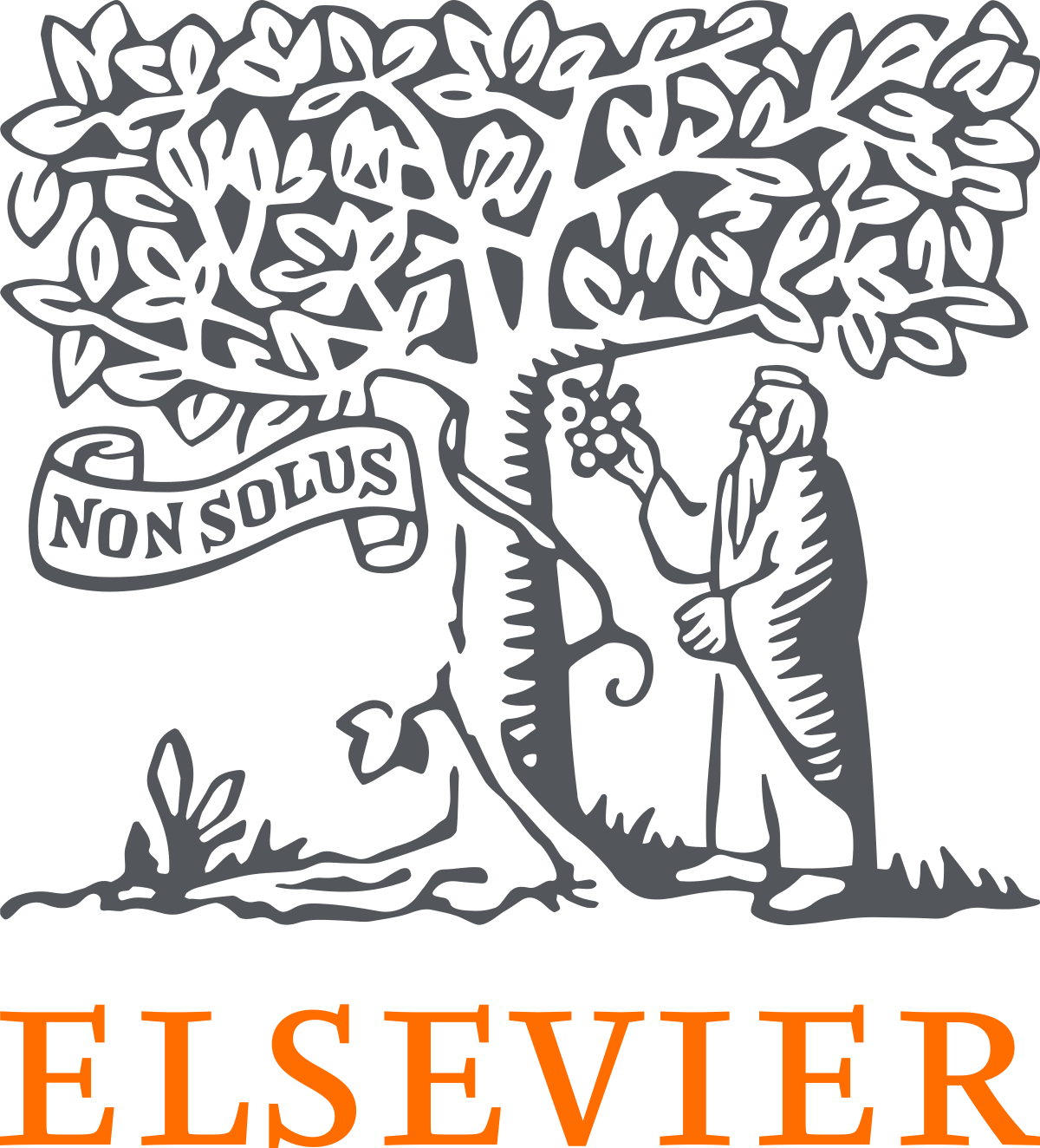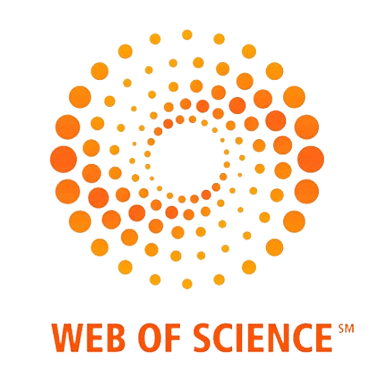International Conference on Smart Cities, Sustainable Infrastructure, and Civil Innovations (IC-SCSSICI)

Articles
Assessing CAD/CAM Technology for Infection Prevention in Dental Settings During the COVID-19 Outbreak: Pros and Cons
Livia Barenghi, Alberto Barenghi, Umberto Garagiola, Alberto Di Blasio, Aldo Bruno Giannì and Francesco Spadari
Year: 2020 | Conference Paper | Publisher: Scitech Conference Xplorer
Abstract:
Enhancing Manufacturing Efficiency: Leveraging Computer-Aided Design (CAD) for the Development and Optimization of Traditional Jigs and Fixtures
Abdullah D. Ibrahim, Hussein M. A. Hussein, Ibrahim Ahmed, Emad Abouel Nasr, Ali Kamrani and Sabreen A. Abdelwahab
Year: 2020 | Conference Paper | Publisher: Scitech Conference Xplorer
Abstract:
Review of Membrane Bioreactors for the Removal of Emerging Contaminants from Wastewater Streams
Arijit Sengupta, Mahmood Jebur, Mohanad Kamaz and S. Ranil Wickramasinghe
Year: 2020 | Conference Paper | Publisher: Scitech Conference Xplorer
Abstract:
Lessons Learned from the Disappearance of Aculeo Lagoon in Central Chile: The Impact of Inadequate Government Strategies on Sustainable Water Management and Land Use Planning
Rodrigo Valdés-Pineda, Pablo A. Garcia-Chevesich, Alberto J. Alaniz, Héctor L. Venegas-Quiñones, Juan B. Valdés and Roberto Pizarro
Year: 2020 | Conference Paper | Publisher: Scitech Conference Xplorer
Abstract:
Multi-Objective Optimal Allocation of Water Resources in Handan, China: A Case Study Using AMOGWO
Su Li, Zhihong Yan, Jinxia Sha, Jing Gao, Bingqing Han, Bin Liu, Dan Xu, Yifan Chang, Yuhang Han, Zhiheng Xu and Bolun Sun
Year: 2020 | Conference Paper | Publisher: Scitech Conference Xplorer
Abstract:
Integrating Phase Change Material for Enhanced Performance of Solar Concentrator-Based Water Heating Systems
Teuku Azuar Rizal, Muhammad Amin, Syamsul Bahri Widodo, Nazaruddin Abdul Rachman, Fazri Amir, Nurhalim Pane and Teuku Meurah Indra Mahlia
Year: 2020 | Conference Paper | Publisher: Scitech Conference Xplorer
Abstract:
Towards Sustainable Water Supply: Mitigating Public Health Risks and Conserving Surface Water Resources in the Milluni Micro-Basin, Bolivia
Paola Andrea Alvizuri Tintaya, Esteban Manuel Villena Martínez, Bárbara Micó Vicent, Jaime Lora Garcia, Juan Ignacio Torregrosa-López and Vanesa G. Lo-Iacono-Ferreira
Year: 2020 | Conference Paper | Publisher: Scitech Conference Xplorer
Abstract:
Strategic Optimization for Sustainable Energy-Water-Food Nexus Management: Integrating Robust Solutions for Enhanced Resource Efficiency
Morteza Ahangari Hassas, Navid Taghizadegan Kalantari, Behnam Mohammadi-Ivatloo and Amin Safari
Year: 2020 | Conference Paper | Publisher: Scitech Conference Xplorer
Abstract:
Optimizing Main Ditch Water Control for Agricultural Sustainability in the Northern Huaihe River Plain, Anhui Province, China, Utilizing MODFLOW Groundwater Table Simulations
Rong Tang, Xudong Han, Xiugui Wang, Shuang Huang, Yihui Yan, Jiesheng Huang, Tao Shen, Youzhen Wang and Jia Liu
Year: 2020 | Conference Paper | Publisher: Scitech Conference Xplorer
Abstract:
Identifying Action Windows for Water Resource Management in the Lower Colorado River Basin of Texas, USA, Using the Change Point Model (CPM) Framework
Brendan L. Lavy, Russell C. Weaver and Ronald R. Hagelman
Year: 2020 | Conference Paper | Publisher: Scitech Conference Xplorer
Abstract:
International Conference on Sustainable Energy and Materials Engineering (ICSEME)
International Conference on Biomedical Robotics and Computational Imaging (ICBRCI)
International Conference on Smart Cities and Civil Infrastructure (ICSCCI)
International Conference on Aerospace Technologies and Data Science (ICATDS)
International Conference on Renewable Resources and Chemical Engineering (ICRRCE)
International Conference on Cyber-Physical Systems and Electrical Engineering (ICCPSE)
International Conference on Robotics in Manufacturing and Environmental Engineering (ICRMEE)
International Conference on Advanced Materials and Mechanical Engineering (ICAMME)
International Conference on Nanotechnology for Electrical Systems (ICNES)
International Conference on Geotechnical Innovations and Computer-Aided Design (ICGICAD)
International Conference on Water Resources and Environmental Engineering (ICWREE)
International Conference on Intelligent Transportation Systems and Structural Engineering (ICITSE)
International Conference on Sustainable Energy and Materials Engineering (ICSEME)
International Conference on Biomedical Robotics and Computational Imaging (ICBRCI)
International Conference on Smart Cities and Civil Infrastructure (ICSCCI)
International Conference on Aerospace Technologies and Data Science (ICATDS)
International Conference on Renewable Resources and Chemical Engineering (ICRRCE)
International Conference on Cyber-Physical Systems and Electrical Engineering (ICCPSE)
International Conference on Robotics in Manufacturing and Environmental Engineering (ICRMEE)
International Conference on Advanced Materials and Mechanical Engineering (ICAMME)
International Conference on Nanotechnology for Electrical Systems (ICNES)
International Conference on Geotechnical Innovations and Computer-Aided Design (ICGICAD)
International Conference on Water Resources and Environmental Engineering (ICWREE)
International Conference on Intelligent Transportation Systems and Structural Engineering (ICITSE)
International Conference on Sustainable Energy and Materials Engineering (ICSEME)
International Conference on Biomedical Robotics and Computational Imaging (ICBRCI)
International Conference on Smart Cities and Civil Infrastructure (ICSCCI)
International Conference on Aerospace Technologies and Data Science (ICATDS)
International Conference on Renewable Resources and Chemical Engineering (ICRRCE)
International Conference on Cyber-Physical Systems and Electrical Engineering (ICCPSE)
International Conference on Robotics in Manufacturing and Environmental Engineering (ICRMEE)
International Conference on Advanced Materials and Mechanical Engineering (ICAMME)
International Conference on Nanotechnology for Electrical Systems (ICNES)
International Conference on Geotechnical Innovations and Computer-Aided Design (ICGICAD)
International Conference on Water Resources and Environmental Engineering (ICWREE)
International Conference on Intelligent Transportation Systems and Structural Engineering (ICITSE)

+91 9888374777
icmsetm@scitechconference.org







